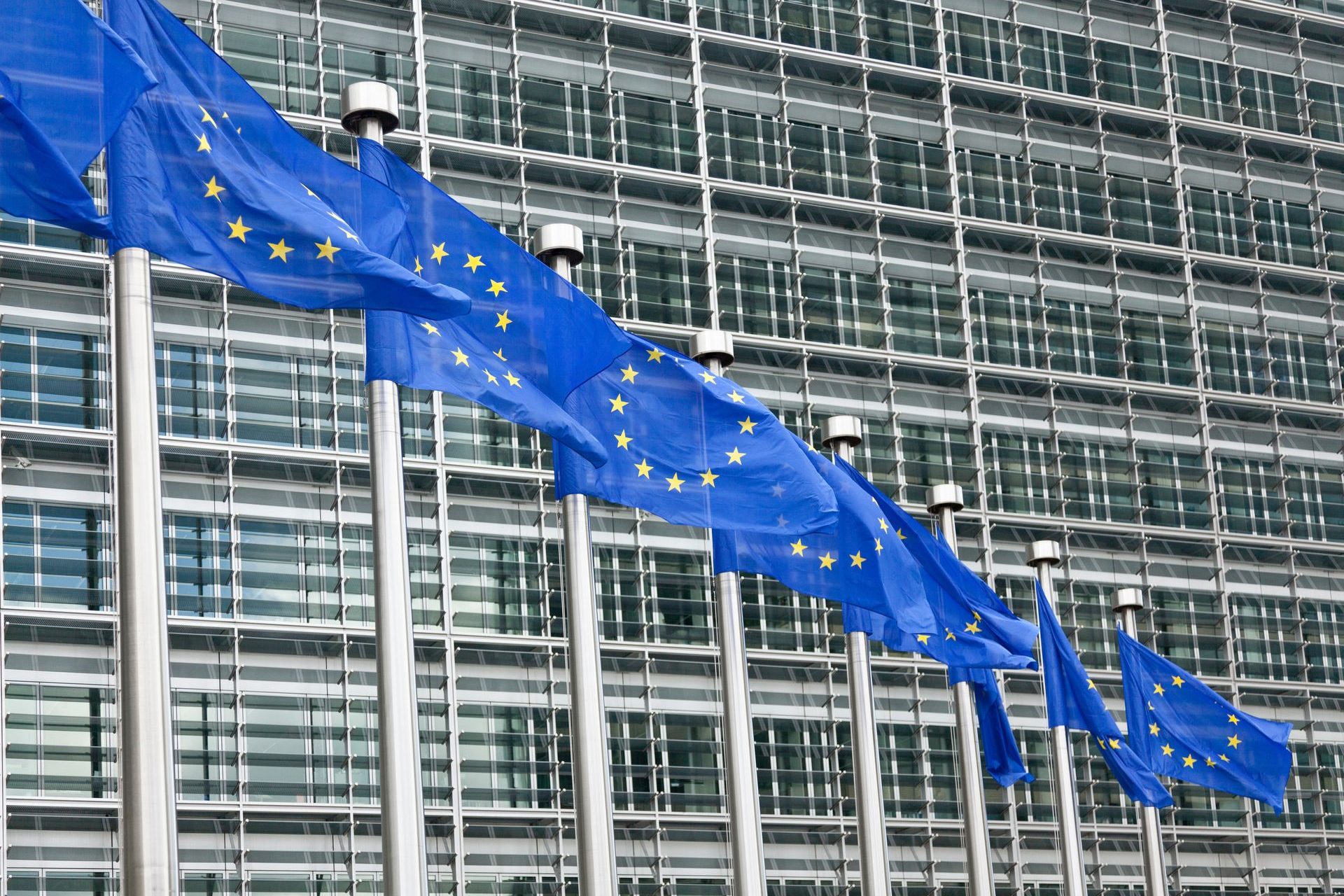How Europe is trying to catch up with America in terms of technology
Omnipresent in our lives, digital technology is rarely discussed during the campaign for the European elections. However, there is no shortage of challenges for the Old Continent.
Artificial intelligence and biotechnologies are major technological breakthroughs that are already shaping the world. But, has Europe jumped on the bandwagon?
@Ales Nesetril / Unsplash
The American tech giants have a considerable technological lead: according to data collected by 'Statista', Amazon, Meta, Alphabet and Apple together spent more than $160 billion on research and development in 2022.
Figures that are incomparable with the budgets of European companies, the gap is widening all the more dangerously as European leaders, such as Volkswagen or Roche, are active in traditional industries.
In this context, Europe is often accused of being a “digital colony”, a market of hundreds of millions of consumers for American and Asian services, due to a lack of ability to grow its own digital players.
@Michael Dziedzic / Unsplash
The main representative of digital companies in France, Numeum recently published a manifesto and proposals to promote the development of technology on the continent.
@Rodion Kutsaiev / Unsplash
While the majority of the professions of tomorrow do not yet exist, the organization calls for investment in training in mathematics and in engineering professions, in artificial intelligence and data analysis.
@Possessed Photography / Unsplash
Numeum also offers to subsidize research programs in e-health, such as precision medicine, an issue whose crucial importance was revealed during the Covid-19 pandemic.
Other recommendations are made, particularly in terms of cybersecurity: a risk that has become major, for citizens and for businesses, in Europe and elsewhere in the world.
Several years after the adoption of the General Data Protection Regulation (GDPR), the group of companies finally insists on the need to strengthen the protection of sensitive data against non-European actors.
@Markus Spiske / Unsplash
The Digital Services Act, the new European digital legislation, came into force in August 2023. With a simple principle: what is prohibited in the real world must also be prohibited online.
Concretely, this protects European citizens by forcing large platforms (social networks, search engines) to fight more effectively against “the dissemination of illicit content, hate speech, disinformation and even commercial fraud”, explains 'Euronews '.
“Users will now benefit from greater transparency on how content moderation decisions are made” and “more choice over the content they view,” analyzes Asha Allen, Europe director of the Center for Democracy & Technology, cited by the same media.
“For example, they will be able to refuse personalized advertising” and use “complaint and repair mechanisms for individual users,” adds the specialist.
Thanks to this regulation, certain advertisements, particularly aimed at minors, are now banned, such as those based on sensitive data (religion, sexual orientation).
@John Schnobrich / Unsplash
Furthermore, the European regulation on digital identity introduced a digital identity wallet allowing individuals to manage their identity confidentially and securely, anywhere in the European Union.
@Ari He / Unsplash
The European Commission has also set ambitious objectives for digitalizing public services: online availability by 2030 of all public services, access to an electronic medical file, implementation of secure identification.
In a world where competition is increasing and technological changes are accelerating, it is now up to institutions, businesses and citizens to take up the issue to determine what the digital future of Europe will look like.
More for you
Top Stories































